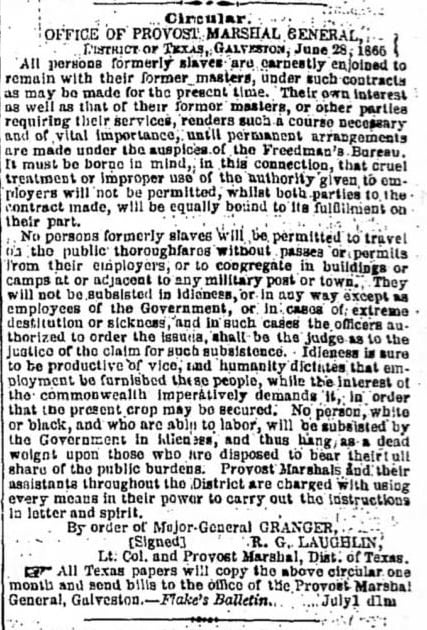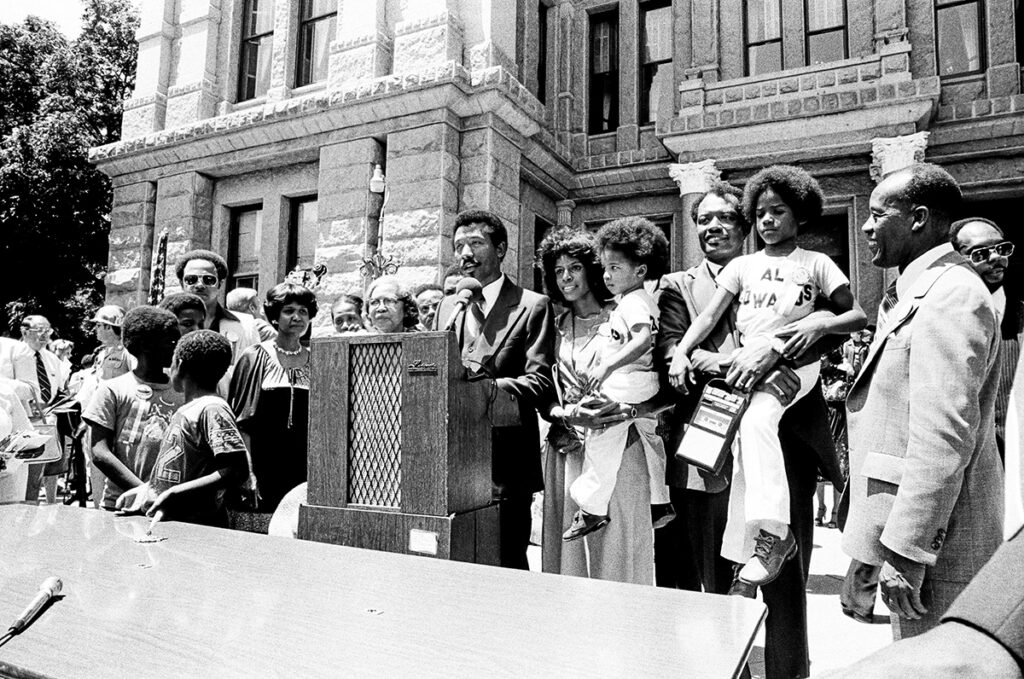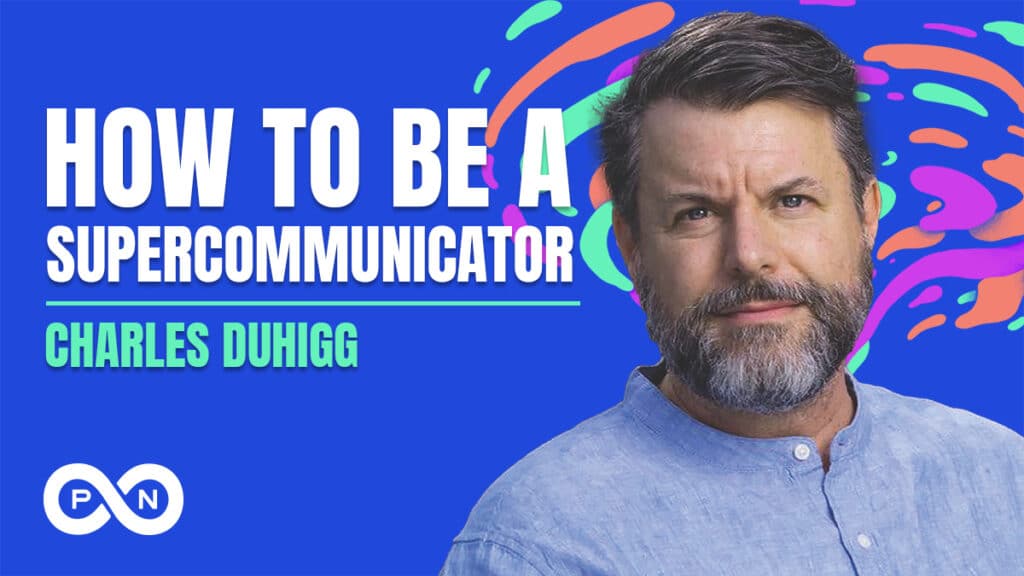Volcanoes are erupting in The Philippines, but on-fire Australia received some welcome rain. The Iran war cries have been called off and The Donald’s military powers are about to be hamstrung by the Senate. Meanwhile, his impeachment trial is starting, and we’re all on Twitter for a front-row seat.
What Could Go Right? Mainstreaming Juneteenth
Americans are slowly becoming better informed about black history.
This is our weekly newsletter, What Could Go Right? Sign up here to receive it in your inbox every Thursday at 5am ET. You can read past issues here.
Mainstreaming Juneteenth
Yesterday marked the fourth year that the United States celebrated Juneteenth as a federal holiday.
By executive order of President Lincoln, all slaves in Confederate states were freed on January 1, 1863. In a time without Twitter, television, or even radio, the news spread slowly. Union soldiers delivered it in person, “march[ing] onto plantations and across cities in the south reading small copies of the Emancipation Proclamation.”
The Civil War was still raging, so despite Lincoln’s decree, enforcement depended on battleground victories. More than two years after the Proclamation and two months after the Confederate army surrendered, word of their freedom reached the last slaves, in Galveston Bay, Texas, on June 19, 1865. This is why Juneteenth is also known as Emancipation Day.

According to a YouGov survey, national awareness of Juneteenth is rising, with 90 percent of Americans now aware of the holiday, versus 74 percent in 2022. Of those, a little over two-thirds know why the holiday is celebrated.
Next generations may be better educated about black history, however. Plenty of air was given to last year’s spat between Ron DeSantis and the College Board, when the Florida governor objected to certain units within a new Advanced Placement (AP) course on African American history curriculum and canceled its pilot program in the state. While the course’s future in Florida is still unclear, the fracas overshadowed the fact that elsewhere, the pilot was more popular than expected. The AP course will launch nationwide in the fall of 2024, with an estimated 16,000 students enrolled.
Despite plantation owners’ reluctance to heed the Emancipation Proclamation, Juneteenth was first celebrated by black Texans in 1866 and in the ensuing years with religious sermons, “slave food delicacies” like barbecue, and games, wrote the historian Henry Louis Gates, Jr. in The Root. As a national tradition, however, it was losing ground to New Year’s Day as the first choice of celebrating black freedom until the civil rights movement.
Many also do not know that national recognition of Juneteenth was the passion project of Texas Congressman Albert Ely Edwards. He convinced Texas’ legislature to pass a bill recognizing the holiday in 1979, and worked throughout his tenure in Congress to influence other lawmakers to do the same.

A decade later, a trickle of states—Florida in 1991, Oklahoma in 1994, and Minnesota in 1996—marked the day as an observance. Almost all states followed suit in the early millennium. And now, over half have “upgraded” Juneteenth to a state holiday.
Juneteenth is sometimes wedged in as a “woke” issue among others prioritized by Democrats. The bill that made it a federal holiday, however, was passed unanimously by the Senate; in the House, the vote was 415 for, 14 against. To understand the holiday merely through the prism of the present, however, is to miss essentially all of its significance. We are only the latest players in the long record of American history.
Correction: Last week’s newsletter incorrectly stated that Claudia Sheinbaum was the first woman to win a national election in the US, Canada, and Mexico. That distinction actually belongs to Kim Campbell, who served as prime minister of Canada for about six months in 1993.
What Could Go Right? S6 E10

How meaningful are our discussions with others? Are we truly listening to the other person? What are supercommunicators? Zachary and Emma speak with Charles Duhigg, Pulitzer Prize-winning journalist and author of Supercommunicators: How to Unlock the Secret Language of Connection. Supercommunication methods, listening skills, and tools for measured responses are discussed here today. | Listen now
By the Numbers
60: The number of countries that have increased access to abortion in the past 30 years.
41%: The share of women researchers worldwide as of 2022, up from 28% in 2001.
10.8%: The number of uninsured black Americans as of 2022, down from 20.9% in 2010.
50%: The drop in cancer-causing benzene levels at US refineries between 2020 and 2023.
Quick Hits








TPN Member Originals
(Who are our Members? Get to know them.)
- Authoritarianism is not inevitable: The other side of the European elections | Lucid | Ruth Ben-Ghiat
- Biden is doing the right thing on asylum | Slow Boring | Matthew Yglesias
- What’s next after the collapse of Israel’s unity war cabinet? | GZERO | Ian Bremmer
- How to take—and give—criticism well | The Atlantic ($) | Arthur C. Brooks
- Can we get men’s health onto the agenda? | Of Boys and Men | Richard V. Reeves
- The latest economic signals | Tangle | Isaac Saul
- What happens to gifted children | NYT ($) | David Brooks
- The myth of low black self-esteem | Persuasion | John McWhorter
 Economist Jason Barr on the skyscrapers of tomorrow | Faster, Please! | James Pethokoukis
Economist Jason Barr on the skyscrapers of tomorrow | Faster, Please! | James Pethokoukis
Correction: A previous edition of this article stated that Henry Louis Gates, Jr. had passed. He is still living.


